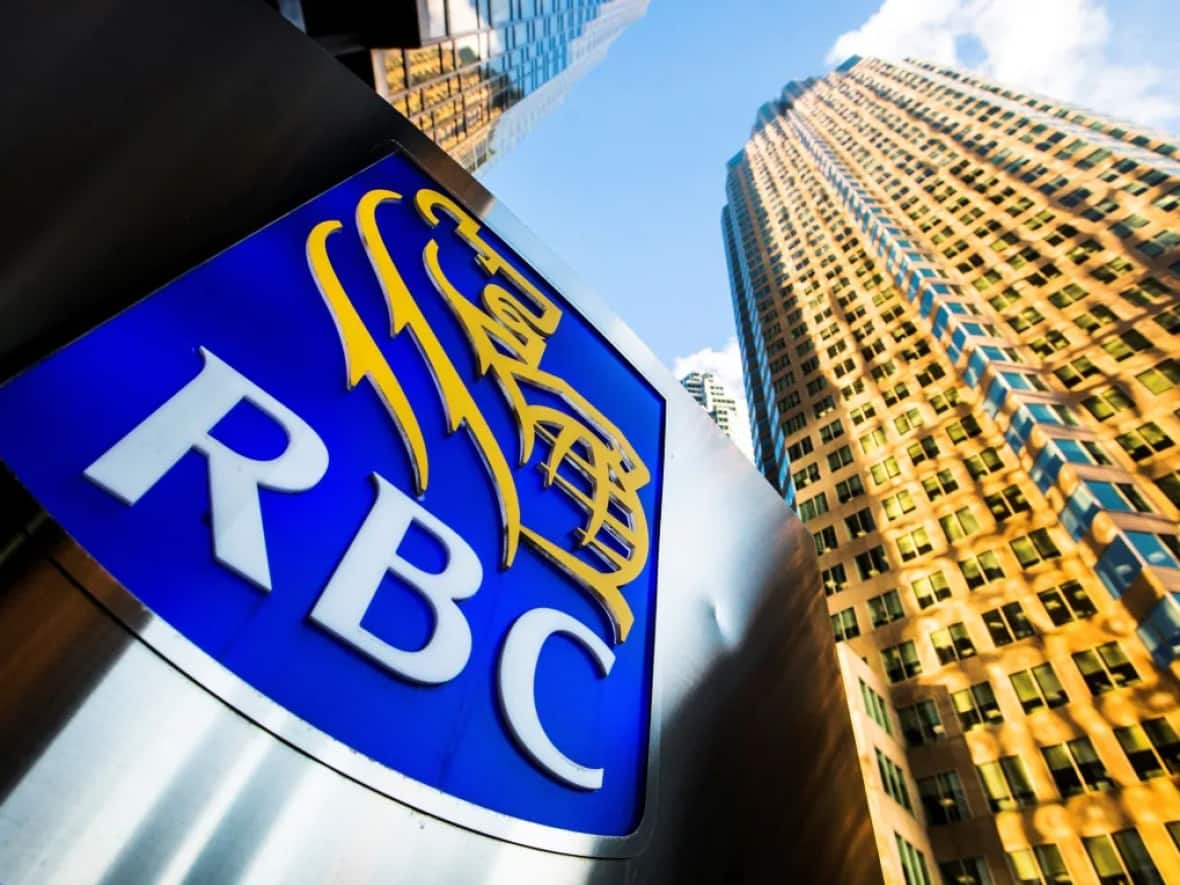Ottawa says it's willing to hold big banks accountable for their climate pledges

High-ranking Liberals responsible for the government's climate file say financial institutions will be held to their net-zero commitments — with regulations, if necessary.
"Nothing is off the table," said Natural Resources Minister Jonathan Wilkinson before a cabinet meeting Tuesday. "At the end of the day, we want to make sure Canadians have transparency when it comes to financial institutions."
Environment and Climate Change Minister Steven Guilbeault also would not rule out imposing new financial disclosure rules through regulations.
"We are looking at regulating when we need to," said Guilbeault.
On Wednesday, a new report from three environmental groups called on the government to bring in tougher regulations for the sector because, according to its authors, financial institutions won't do it themselves.

Since 2015, according to the report, Canadian banks have funnelled $900 billion into fossil fuel sectors. The environmental groups are calling on the federal government to update the mandates of financial regulators to compel financial institutions to issue science-based climate reports and plans.
Canada's top banks have been under pressure for some time to make good on their climate promises. Most recently, RBC was accused of "greenwashing" by marketing itself as being aligned with the Paris Agreement.
The Competition Bureau announced last month that it is investigating RBC for possibly misleading customers. In Parliament, one senator's bill proposes new measures for financial institutions, including stricter capital requirements for banks lending to fossil fuel companies.
A call for 'accountability'
"The financial sector continues to invest in climate catastrophe, continues to make investments that will make climate change worse," said Environmental Defence's senior manager of climate finance Julie Segal. "What we need here is the accountability of emissions reductions to extend to the financial sector."
In cases where these reports and plans fall short, says the report, the Office of the Superintendent of Financial Institutions (OSFI), a federal financial regulator, should be able to compel amendments.
Earlier this year, OSFI issued draft guidelines for managing climate risk, which it warned "could have significant impacts on the safety and soundness of financial institutions and the broader Canadian financial system."
It also mandated that financial institutions must disclose key climate information in their financial filings as recommended by the Task Force on Climate-related Financial Disclosures framework.
A trade association and lobby group that represents the country's banks said the sector is working with clients in different sectors to help them transition to a sustainable future and reduce Canada's emissions.
"Climate change is a critical issue of our time, and banks in Canada are committed to doing their part to address it," said Mathieu Labrèche, director of media strategy and communications at the Canadian Bankers Association, in a media statement.
"Banks understand that the financial sector is central to securing an orderly transition to a low-carbon economy, mitigating the financial risks of climate change, and ensuring the continued resilience of our country's financial system."
The association didn't answer questions about whether its members would support tougher regulations on the sector.
One of the Conservatives' critics on the climate portfolio was asked to comment about the government's openness to a harder line on banks. Corey Tochor declined to comment but did say it sounded like more "virtue signalling" by the Liberals.


